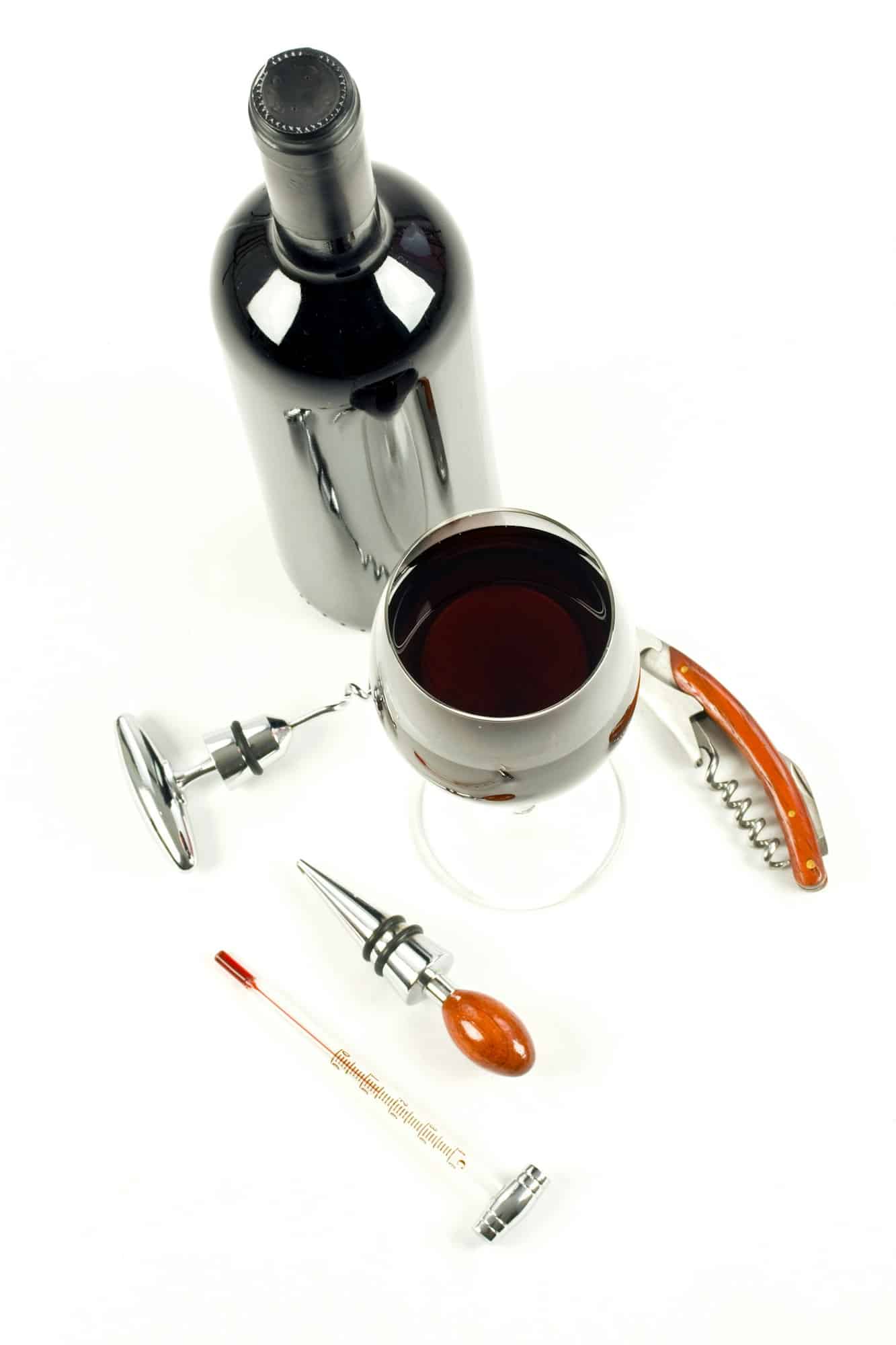The Ultimate Guide to Choosing the Perfect Rolling Pin for All Your Baking Needs!
When it comes to baking, having the right tools can make all the difference between a perfect pie crust and one that falls flat. One of the most essential tools in any baker's arsenal is the rolling pin. With so many types and materials available, choosing the best rolling pin for your kitchen can be overwhelming. Here’s a comprehensive guide to help you make the right choice.
Understanding Your Baking Needs
Before diving into the specifics of rolling pins, it’s crucial to understand what you will be using it for. Different types of baking require different characteristics in a rolling pin.
In parallel : The Ultimate Guide to Perfectly Managing Chest Freezer Temperatures for Different Food Varieties
Types of Dough
- Pie Dough: Requires a rolling pin that can handle delicate and sometimes sticky dough. A French rolling pin with tapered ends is often ideal for this.
- Cookie Dough: Can be rolled out with a variety of rolling pins, but a lighter, easier-to-handle pin is preferred for precision.
- Pizza Dough: Needs a longer and sometimes heavier rolling pin to manage the larger and thicker dough.
Frequency of Use
- If you bake frequently, investing in a high-quality, durable rolling pin is a good idea.
- For occasional bakers, a more basic model might suffice.
Materials: What’s Best for Your Dough?
Rolling pins come in various materials, each with its own advantages and disadvantages.
Wood
- Pros: Wooden rolling pins, especially those made from solid wood like the Aisoso French Rolling Pin, are known for their smooth, non-stick surface and comfortable feel. They are also lightweight and easy to handle.
- Cons: Wood can be prone to cracking if not properly maintained. Look for pins made from high-quality wood with no paint, wax, or burrs.
Marble
- Pros: Marble rolling pins are excellent for rolling out puff pastry and other delicate doughs because they can be chilled, which helps keep the dough cool and prevent it from sticking.
- Cons: Marble pins can be heavy and may require more effort to use.
Stainless Steel
- Pros: Stainless steel rolling pins are durable, easy to clean, and resistant to rust. They are also dishwasher safe, making maintenance a breeze.
- Cons: They can be cold to the touch and may not provide the same level of comfort as wooden or marble pins.
Polyethylene
- Pros: Polyethylene rolling pins are lightweight, easy to clean, and often non-stick. They are a good option for those on a budget.
- Cons: They may not be as durable as other materials and can be prone to scratches.
Design: Handles or No Handles?
The design of the rolling pin is another critical factor to consider.
In the same genre : The Ultimate Guide to Perfectly Managing Chest Freezer Temperatures for Different Food Varieties
French Rolling Pins
- Pros: French rolling pins, also known as tapered pins, have no handles and are typically made of wood or marble. They offer excellent control and are ideal for rolling out pie dough and other delicate pastries. The tapered ends make it easy to maneuver and achieve a circular shape.
- Cons: They may require more technique to use effectively, especially for beginners.
Regular Rolling Pins with Handles
- Pros: These pins are easier to use for those who are new to baking. The handles provide leverage and make it simpler to apply even pressure.
- Cons: The handles can sometimes get in the way, especially when trying to roll out dough into a circular shape.
Size and Thickness: Finding the Perfect Fit
The size and thickness of the rolling pin are crucial for ensuring you can handle your dough efficiently.
Length
- A longer rolling pin, typically around 17-20 inches, is ideal for rolling out larger pieces of dough such as pizza or pie crusts. For smaller baking jobs, a shorter pin may be sufficient.
Thickness
- The thickness of the pin can vary, but a pin that is about 1-2 inches in diameter is usually versatile enough for most baking tasks. Thicker pins are better for denser doughs, while thinner pins are better for delicate doughs.
Ease of Use and Maintenance
The ease of use and maintenance of a rolling pin can significantly impact your baking experience.
Ease of Use
- Look for a rolling pin that feels comfortable in your hands and is easy to maneuver. A smooth, non-stick surface is essential for preventing dough from sticking to the pin.
Maintenance
- Some rolling pins, like those made of wood, require hand washing and drying to prevent cracking. Others, like stainless steel or polyethylene, can be dishwasher safe. Ensure you choose a pin that fits your maintenance preferences.
Price and Value
The price of a rolling pin can vary widely, and it’s important to consider the value you are getting for your money.
Budget Options
- Basic rolling pins can be found at a lower price point and are suitable for occasional bakers. For example, the Good Cook Classic Wood Rolling Pin is a budget-friendly option that still offers good performance.
High-End Options
- High-quality rolling pins, such as those from J.K. Adams, may come at a higher price but offer superior craftsmanship and durability. These are ideal for frequent bakers who want a tool that will last.
Comparison Table: Top Rolling Pins
Here’s a comparison table of some top-rated rolling pins to help you make an informed decision:
| Rolling Pin | Material | Length | Diameter | Weight | Ease of Use | Maintenance | Price Range |
|---|---|---|---|---|---|---|---|
| Aisoso French Rolling Pin | Wood | 17.7 inches | 1.38 inches | 0.6 pounds | High | Hand wash | $15-$25 |
| J.K. Adams French Rolling Pin | Maple | 20 inches | 2 inches | 1.5 pounds | High | Hand wash | $30-$50 |
| Good Cook Classic Wood Rolling Pin | Wood | 18 inches | 2 inches | 1.5 pounds | Medium | Hand wash | $10-$20 |
| Marble Rolling Pin | Marble | 18 inches | 2 inches | 3 pounds | Medium | Hand wash | $25-$40 |
| Polyethylene Rolling Pin | Polyethylene | 18 inches | 2 inches | 1 pound | Medium | Dishwasher safe | $5-$15 |
Customer Insights and Reviews
Understanding what other bakers think about their rolling pins can provide valuable insights.
- Aisoso French Rolling Pin: "This one is made of beautiful solid wood. It is really lightweight and doesn’t take up much space, unlike a lot of larger and bulkier rolling pins." – Amazon Customer Review.
- J.K. Adams French Rolling Pin: "I love using it for cookies, but even more so for pie dough, where the handle-free design and tapered ends make it easy to change directions to get a circular dough to fit a pie pan." – The Spruce Eats Review.
Practical Tips for Choosing the Best Rolling Pin
Here are some practical tips to keep in mind when selecting your perfect rolling pin:
- Consider Your Dough: If you frequently work with delicate doughs like puff pastry, a marble or wooden rolling pin might be the best choice.
- Think About Size: A longer rolling pin is better for larger baking jobs, while a shorter one is more suitable for smaller tasks.
- Material Matters: Choose a material that fits your baking style and maintenance preferences.
- Ease of Use: Opt for a rolling pin that feels comfortable in your hands and is easy to maneuver.
- Maintenance: Ensure the rolling pin you choose is easy to clean and maintain.
Choosing the perfect rolling pin is not just about picking any tool; it’s about finding the one that will make your baking experience smoother and more enjoyable. Whether you’re a seasoned baker or just starting out, understanding the different materials, designs, and sizes available can help you make an informed decision.
By considering your specific baking needs, the material and design of the rolling pin, and the ease of use and maintenance, you can find the best rolling pin for your kitchen. Happy baking











